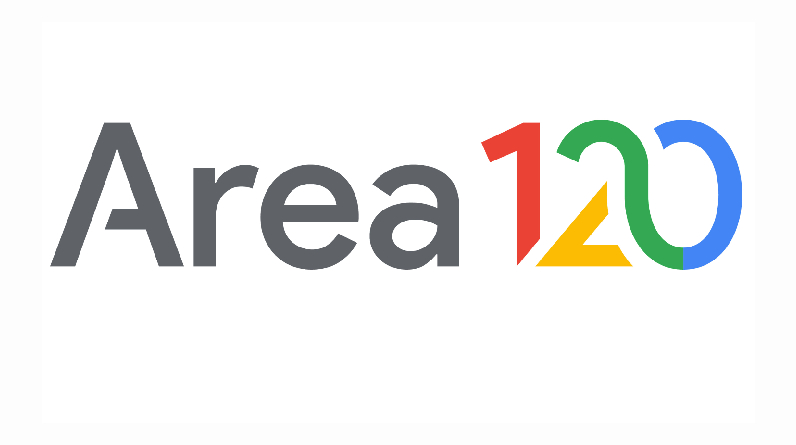Alphabet, the company that owns Google, has been laying off a lot of people, and this has had a significant impact on Area 120, the Google in-house incubator responsible for products like Checks, Tables, Stack, and ThreadBite. TechCrunch was informed via email by a Google spokesperson that most of the Area 120 team has been “winded down” and that only three projects from the division will graduate into core Google product areas by the end of the year.
The spokesperson declined to elaborate on the identities of the ending or graduating projects. Pilot projects such as the video platform for the workplace ThreadIt, the spectrum marketplace Orion, the document scanner Stack, and others were developed at Area 120 previously. Typically, it had about 20 active projects at once, though not all of them were advertised to the public.
Aloud, which is working on a platform for video creators to use to quickly dub videos, is reportedly staying, according to a source who spoke with TechCrunch about the matter. It makes sense, considering the obvious compatibility such an app could have with other Google services, such as YouTube.
Employees in the United States who were affected by the layoffs at Area 120 have been informed, but the same process in other countries will take longer and be subject to local laws and practises, the spokesperson said. The Area 120 managing partner is still here at our company.
Area 120 was established in March 2016 by Alphabet and Google CEO Sundar Pichai with the intention of developing innovative apps and services that could be incorporated into the company’s main revenue generators down the road. The company has released several noteworthy products over the years, such as the HTML5 gaming platform GameSnacks (now integrated with Google Chrome), the artificial intelligence (AI)-powered conversational ads platform AdLingo (which exited to Google Cloud), and the video platform duo Tangi and Shoploop (which exited to Google Search and Shopping).

Area 120 was restructured in 2021, with its members joining a new Google Labs division under the direction of Clay Bavor. There, they worked in close proximity to Google’s other cutting-edge AR/VR/VR videoconferencing projects. As a result, there were reductions. In September of last year, Google scrapped half of Area 120’s projects and drastically reduced the program’s workforce.
See Also: Five Ways Avocados Improve Your Health
After the last round of layoffs, a source told TechCrunch that Area 120 had fewer than 100 employees. Although we would like to share the number with you, Google has chosen not to.

